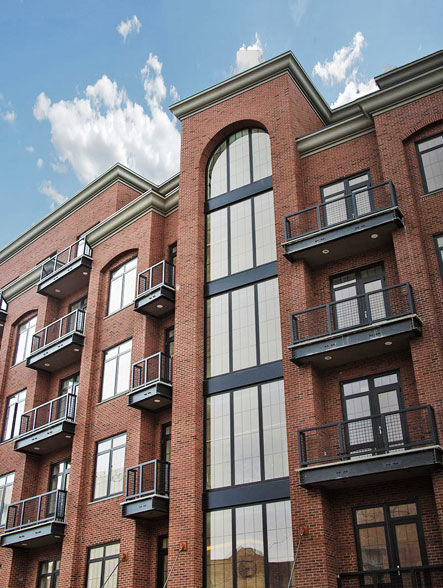The condo process begins when a building sponsor’s attorney submits an offering plan to the New York State Attorney General’s office for approval. The AG’s Real Estate Finance Bureau oversees the “offer and sale of real estate securities,” including condos.
If the offering plan meets New York’s legal requirements, the AG’s office will accept it. (Note that the AG only assesses whether the plan meets the state’s laws. Other agencies, such as the Department of Buildings, will track the progress and safety of the building.)
What happens after an offering plan is accepted? Simply put: The sponsor has legal permission to begin selling condos.
How the sales process starts
By the time the offering plan is accepted, the sponsor will typically have selected a broker. For larger projects especially, it is unlikely the sponsor will wait around for the offering plan acceptance to consider brokers. But developers of smaller projects may begin to engage marketing firms at this point.
Once a brokerage starts marketing the building, listings will go up. The brokerage will typically try to sell smaller, more inexpensive units first. They will typically hold most of the inventory as shadow inventory.
The brokerage may also open a sales gallery. This allows the sales office to get prospective buyers to come look at units.
From the perspective of the broker, an offering plan acceptance marks a lead they may be able to pursue. Brokers will pitch themselves to sponsors if the sponsor has not already selected a firm to handle sales.
Check out Marketproof New Development for the most information anywhere on NYC condos.
Will sales always start right after an offering plan is accepted?
Just because the sponsor can start selling does not mean it is in their best interest.
The sponsor may delay sales because construction has not progressed enough. They may also slow sales because market conditions are not ideal for selling. It can behoove the seller to wait out a market downturn and sell units when they can expect to get more for them.
However, delaying sales means delaying revenue, and this can cause heartache for the developer as investors, and lenders can get nervous.
Buyer and seller dynamics after an offering plan is accepted
Once the sponsor begins selling in earnest, they typically want to sell as many apartments as possible. Selling 15% of a building’s units is particularly attractive because, at this point, the offering can be declared effective, and buyers can close.
If you’re the buyer at this stage, risk is relatively high, and this can translate into better prices. As our buyer’s worksheet explains, the condo buyer can negotiate on many expenses: not only the ticket price but also attorney fees, transfer taxes, and amenities such as parking and storage. This moment after the offering plan is accepted can be among the best stages for buyers to seek concessions.
Getting started with Marketproof
With Marketproof New Development, you can easily search both publicly listed NYC condos and unlisted off-market properties not available on popular listing sites. Marketproof can increase the inventory you see by 9-10x what you may see on other sites. Create an account today, and get a 7-day free trial.
Photo above courtesy of Forty2east Condominiums.



